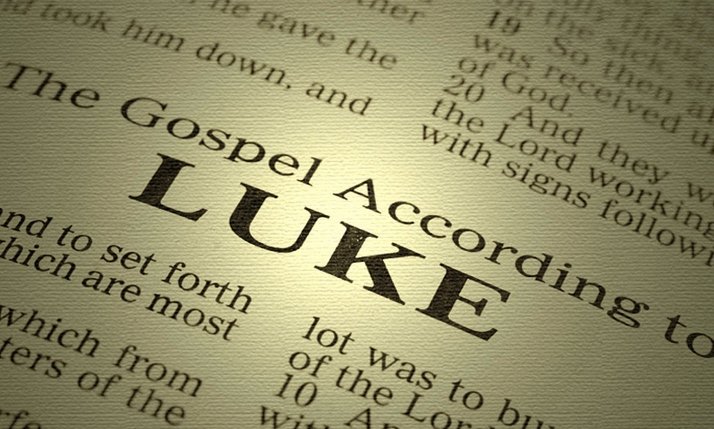GETTING THE MESSAGE/Luke 17: 11-19
In this passage we look at the connection between faith and thanksgiving. Ten lepers see Jesus and call out to him for mercy. Leprosy was a terrible condition to have. Not only was it physically debilitating and disfiguring, but there was a mandatory quarantine away from society, family, and friends.
It was required for a leper to stay at least 50 paces from people, so from that distance these ten lepers lift up their voices to Jesus. Jesus responds by telling them to go show themselves to the priests. It was required in Levitical law for priests to inspect and declare a leper clean or healed.
These men would have had to go to Jerusalem to see the priests. This would have been at least 30 miles or more from where they were. Nevertheless, we read they took off, an act of faith. At some point on the way, they notice they have been healed. It is not hard to imagine the incredulous reaction they would have had, marveling to look at their healthy bodies: no sores, no disfigurements.
One of the men turned around, praised God, and headed back to Jesus. When he finds him, he falls at his feet, giving thanks. Jesus comments on the fact that he is the only one who returned; where are the other nine?
The other nine no doubt were grateful. How could you not be? We might imagine when they saw the one leaving to go back to Jesus, they reasoned that they should first go to the priests then go back. But we don't know why they went on. What we do know is Jesus saying there is a difference in them and this man who came back.
Their faith was not combined with thanksgiving in a way that made Jesus the greater object of joy. There is a clear, negative aspect to this story. Men, though given blessings from God, are because of sin inherently ungrateful and do not honor God as they should.
Paul speaks this way of mankind generally in Romans 1: "God's invisible attributes, namely, his eternal power and divine nature, have been clearly perceived, ever since the creation of the world, in the things that have been made. So they are without excuse. For although they knew God, they did not honor him as God or give thanks to him."
If someone was to ask you what sins you were most guilty of, you might not think of ingratitude or neglecting to honor God as you should. But these are at the root of sin. Other sins, all manner of depraved thoughts and acts, grow out of this root. Jesus came to provide forgiveness and cleansing from this terrible condition.
In this story, nine men celebrate an immense temporal blessing; the healing from leprosy. One man is converted and embraces the Lord Jesus as his Lord. He sees beyond the blessing of the Lord to the Lord himself. He believes the Lord is able to give much more than this.
When Jesus says to the man at his feet, "Rise and go your way: your faith has made you well," the word he uses for "well" is used for salvation, being well in body and soul. When we are healed in the soul, or saved, we become satisfied with the Lord's goodness. People who are satisfied with the Lord are marked out as God's own.
The humble thanks this man gives at Jesus feet is fruit of his converted heart. When faith becomes mixed with this type of thanksgiving, then we will follow Christ in all things. At the beginning of the chapter, Jesus instructs his disciples in the practice of forgiveness, because of the prevalence of sin among brothers in the Lord.
The disciples can feel the difficulty of such a life of forgiveness. They ask Jesus to increase their faith. We can also feel the weight of following Jesus in submission to his word. Yet if we put ourselves in this healed leper's place at Jesus feet, full of thanksgiving for our salvation, we can feel the weight lifted off. When you are thankful, you can do all things through Christ, who strengthens you.
The life of the Christian is to be a life of thanksgiving to the Lord. To practice this, we must be continually at the feet of the Lord, humbly acknowledging his great mercy to us.

